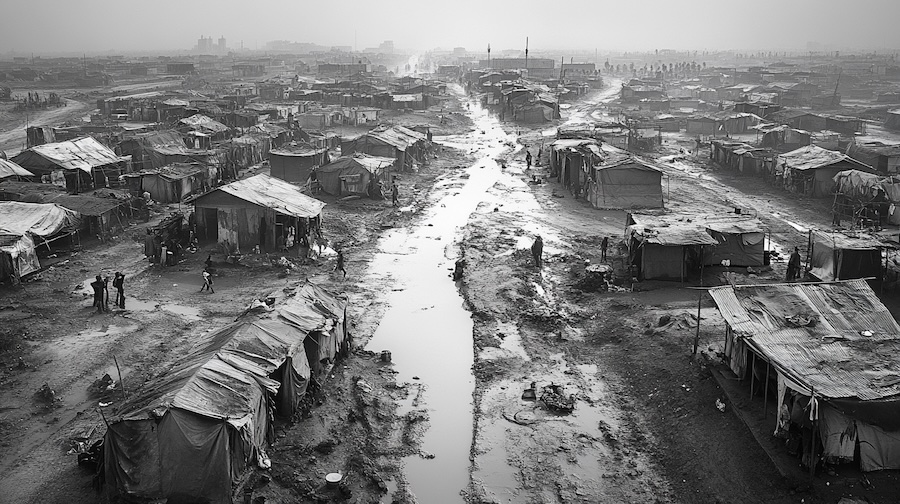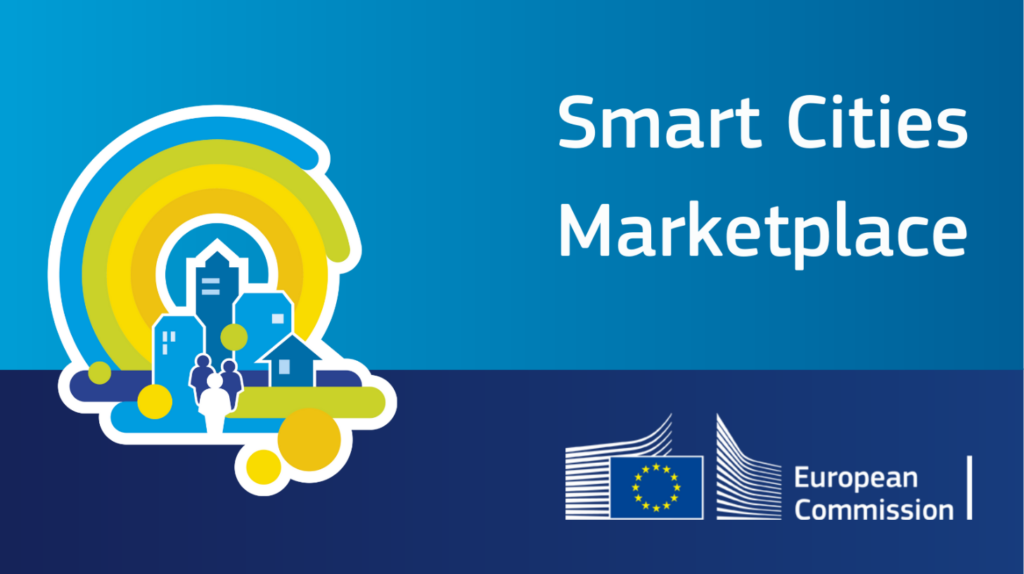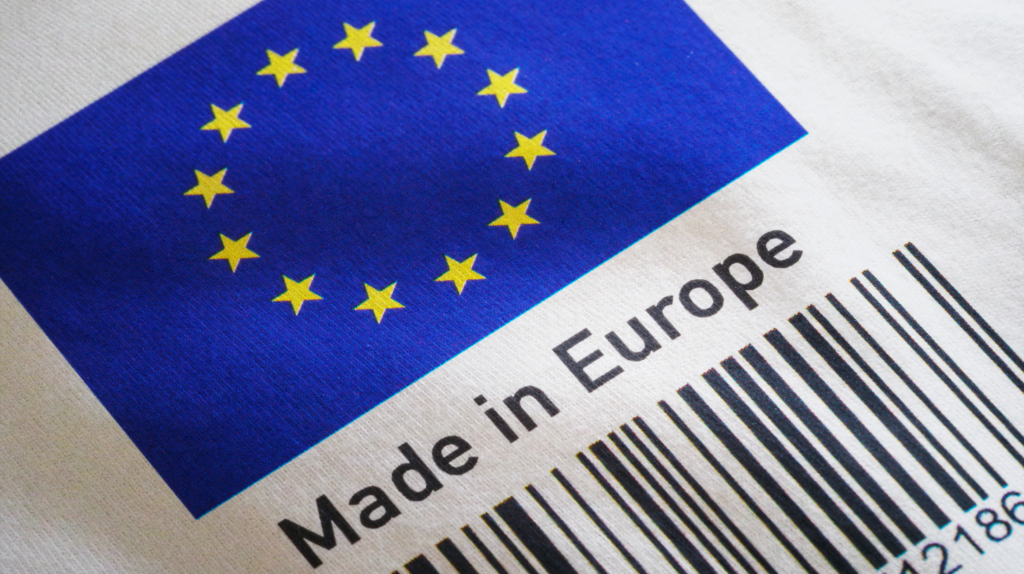The Green Cities consortium developed the blog post “Global Best Practices: Exceptional Case Studies” under the EU-Funded Project Youth Participation for Developing Sustainable Green Cities (reference number: 2022-1-DE04-KA220-YOU-000085135). L4Y Learning for Youth GmbH is leading the project alongside partners Citizens in Power, Toplum Gönüllüleri Vakfı, Kean, Walktogether, and Kaán Károly Környezetvédelmi Egyesület.
This blogpost is based on the training content developed for the Green Cities project. For more content like this, click here. If you would like learn more about the topic, we suggest enrolling in our free online training course. In the platform, you will also find the full list of references and extra suggested reading material.
To keep up to date with the project news, follow our YouTube Channel, as well as the project’s social media pages X and Instagram. Additonally, you can also join our Discord community.
Introduction
Cities worldwide are increasingly adopting smart city technologies to create sustainable, efficient, and livable urban environments. Therefore, this blog post explores global best practices in smart city development, showcasing innovative initiatives from Songdo, Masdar City, Singapore, São Paulo, Dubai, Seoul, and Tokyo. Moreover, understanding these examples can provide valuable insights for other cities aiming to implement similar strategies.
Global Best Practices: Songdo and Seoul, South Korea
Songdo International Business District is one of the most advanced smart cities in Asia, built on reclaimed land. The city integrates cutting-edge technology into its infrastructure, thereby promoting sustainability and efficiency. Key features include pneumatic waste disposal systems, energy management sensors, and a comprehensive smart grid. Additionally, Songdo focuses on environmental sustainability, urban mobility, and digital innovation to enhance the quality of life for residents. Consequently, other cities can learn from Songdo’s approach to creating a smart urban environment.
Moreover, Seoul utilizes technology to address urban challenges and enhance residents’ quality of life. The city’s initiatives focus on smart transportation, digital governance, and environmental sustainability. Furthermore, Seoul’s transportation system uses real-time data to optimize routes and reduce congestion, integrating various public transit modes for better accessibility. As a result, Seoul has become a model for other cities aiming to improve urban mobility and sustainability.
Global Best Practices: Masdar City and Dubai, UAE
Located in Abu Dhabi, Masdar City is designed to be carbon-neutral and zero-waste. It integrates renewable energy, sustainable building designs, and smart infrastructure to minimize environmental impact. The city uses solar power, district cooling systems, and automated transportation for energy efficiency. Consequently, Masdar City serves as a global model for sustainable urban development, especially in arid regions. Moreover, its innovative solutions can inspire other cities to adopt similar practices.
Additionally, Dubai’s smart city initiatives aim to transform the city into a global leader in innovation and sustainability. The Dubai Smart City project includes smart transportation systems, sustainable energy solutions, and digital government services. Furthermore, the city leverages technologies like artificial intelligence, blockchain, and IoT to enhance urban mobility and optimize resources. As a result, Dubai has set a high standard for other cities to follow.
Global Best Practices: Singapore
Singapore’s Smart Nation initiative leverages data analytics, IoT devices, and digital platforms to improve public services and urban mobility. The city-state’s smart solutions include smart transportation systems, digital healthcare services, and sustainable urban development projects. Therefore, Singapore is recognized globally for its commitment to innovation and sustainability. Additionally, its comprehensive approach serves as a blueprint for other cities looking to enhance their smart city initiatives.
Global Best Practices: São Paulo, Brazil
São Paulo uses technology to tackle urban challenges and improve the quality of life for residents. The city’s smart initiatives focus on smart transportation, digital governance, and environmental sustainability. Moreover, São Paulo’s transportation system integrates various public transit modes and uses real-time data to optimize routes and reduce congestion. Consequently, the city has made significant strides in improving urban mobility and environmental health. Furthermore, São Paulo’s efforts can guide other cities facing similar challenges.
Global Best Practices: Tokyo, Japan
Tokyo, one of the world’s largest metropolises, uses smart technologies to address urban challenges and improve efficiency. The city’s initiatives focus on disaster resilience, urban mobility, and sustainability. Moreover, Tokyo’s transportation system employs AI and IoT to optimize traffic flow, reduce congestion, and enhance safety for commuters. Consequently, Tokyo stands out as a leader in integrating smart technologies into urban planning. Additionally, other cities can benefit from Tokyo’s innovative approaches.
Conclusion
These global best practices in smart city development demonstrate how cities outside Europe leverage technology to create more sustainable, efficient, and livable urban environments. By adopting innovative solutions and focusing on environmental sustainability, urban mobility, and digital governance, these cities set examples for the future of urban development. Therefore, cities worldwide can learn from these examples to enhance their own smart city initiatives. Moreover, continuous innovation and collaboration will be key to addressing future urban challenges.













